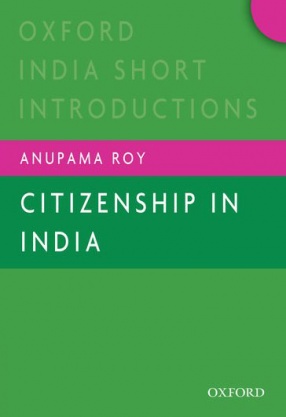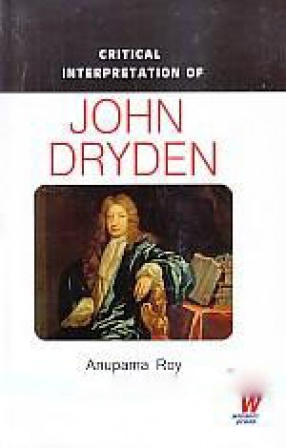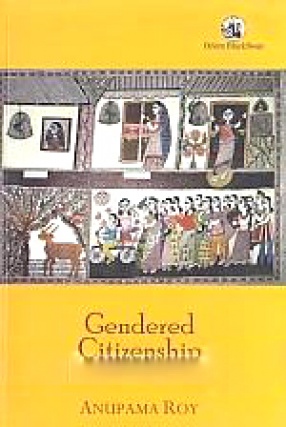The idea of citizenship goes beyond a legal-formal framework to denote substantive membership in the political community. While citizenship is identified with an ideal condition of equality of status and belonging, it gets challenged in societies marked by inequalities. As an idea that inspires struggle, citizenship remains an institution that is unbounded, changing and always incomplete.
This short introduction lucidly describes the history of citizenship in India, before moving on to the pluralities and the contemporary landscapes of citizenship. It traces the amendments in the Citizenship Act, 1955 and argues that the legal enframing of the citizen involves a simultaneous production of its other-the non-citizen. This book looks at the multiple margins that constitute the sites of constant churnings, releasing powerful new idioms, imaginaries and practices of citizenship.
Contents: Introduction: landscapes of citizenship. 1. Who is an Indian citizen? The citizenship act of India. 2. ‘We the people’: citizenship in the Indian constitution. 3. Ambivalent citizens. 4. Becoming citizens. References. Index.








There are no reviews yet.